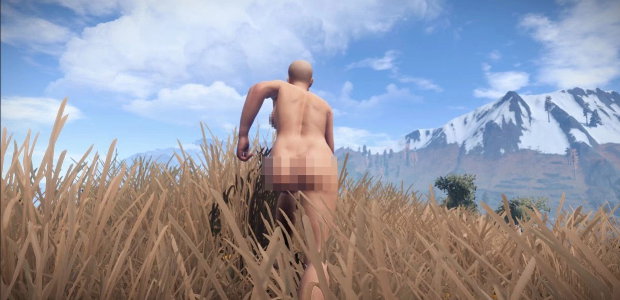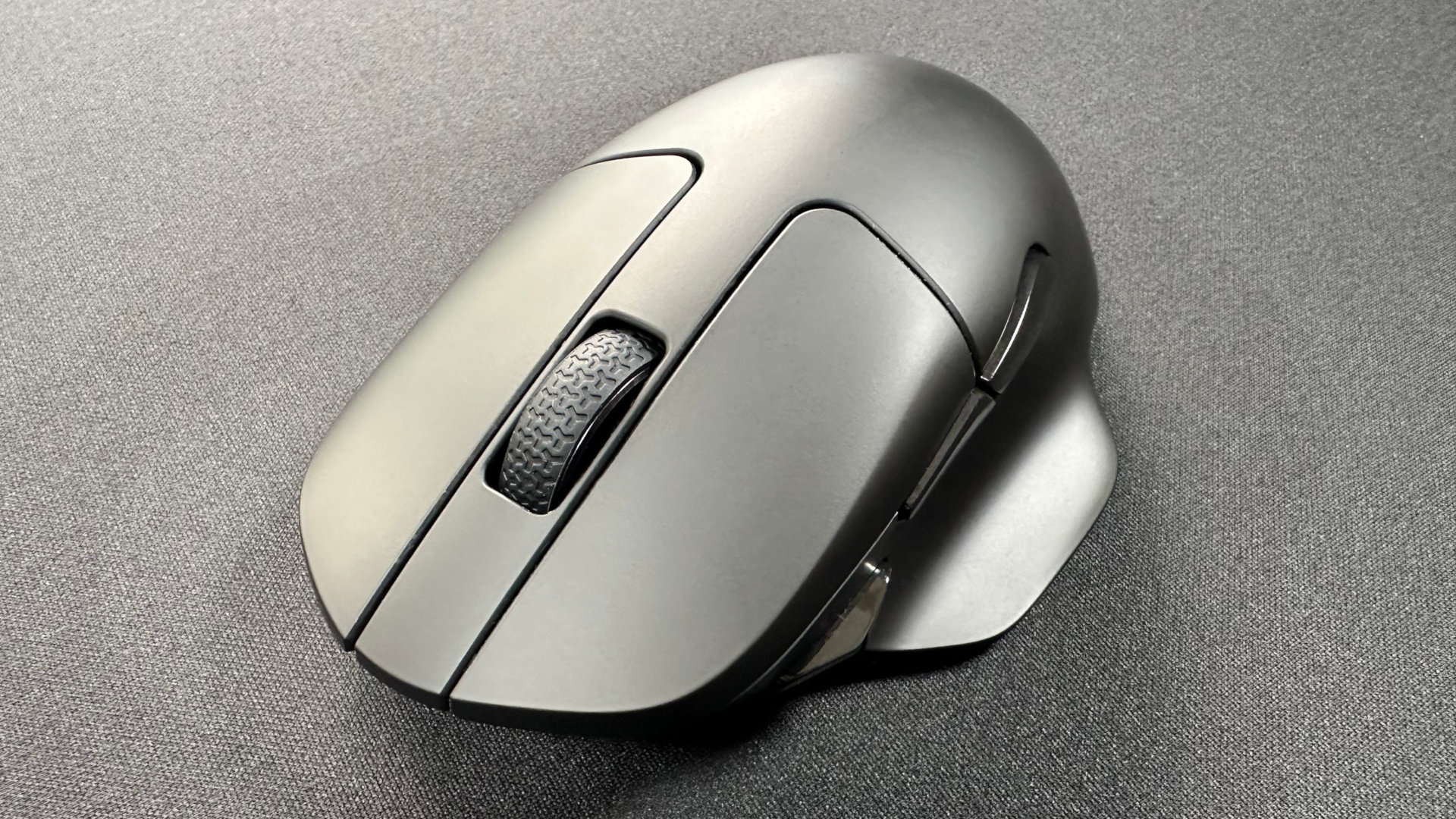Rust now assigns players a random permanent gender, developer explains why

As hinted at by developer Facepunch last summer, Rust has now introduced female character models to its procedurally-generated sandbox. As per the game's previous updates, which arbitrarily assigned players with unchangeable faces and skin tones—and, latterly, penis sizes—the update randomnly and permanently ties your gender to your SteamID.
It's a move that has inevitably upset some players, but Facepunch has no plans to make gender assignment, nor any of the other randomised features, optional—as it explained on the official Rust blog.
"We understand this is a sore subject for a lot of people," reads the post. "We understand that you may now be a gender that you don’t identify with in real-life. We understand this causes you distress and makes you not want to play the game anymore. Technically nothing has changed, since half the population was already living with those feelings. The only difference is that whether you feel like this is now decided by your SteamID instead of your real life gender."
Speaking to Eurogamer today, Facepunch head honcho Garry Newman also discussed how this decision avoids wasting development time on complex character creation suites, which is something he feels other games have become somewhat defined by. "We were also talking about how we hate how players are recognisable by their names floating over their heads," he said. "How in an ideal world players would be recognisable by what they look like. And this would be consistent and follow them around permanently.
"We landed on randomising player's appearance and locking them to it, then working on a bunch of different heads and customisation attributes that would make players more and more unique."
Newman also explained that player attributes are determined against an unchangeable number associated with players' SteamIDs, and that the system is designed to split the male-female ratio down the middle. Newman has also been discussing the implications on Twitter with players who do and don't agree with the decision.
Keep up to date with the most important stories and the best deals, as picked by the PC Gamer team.

